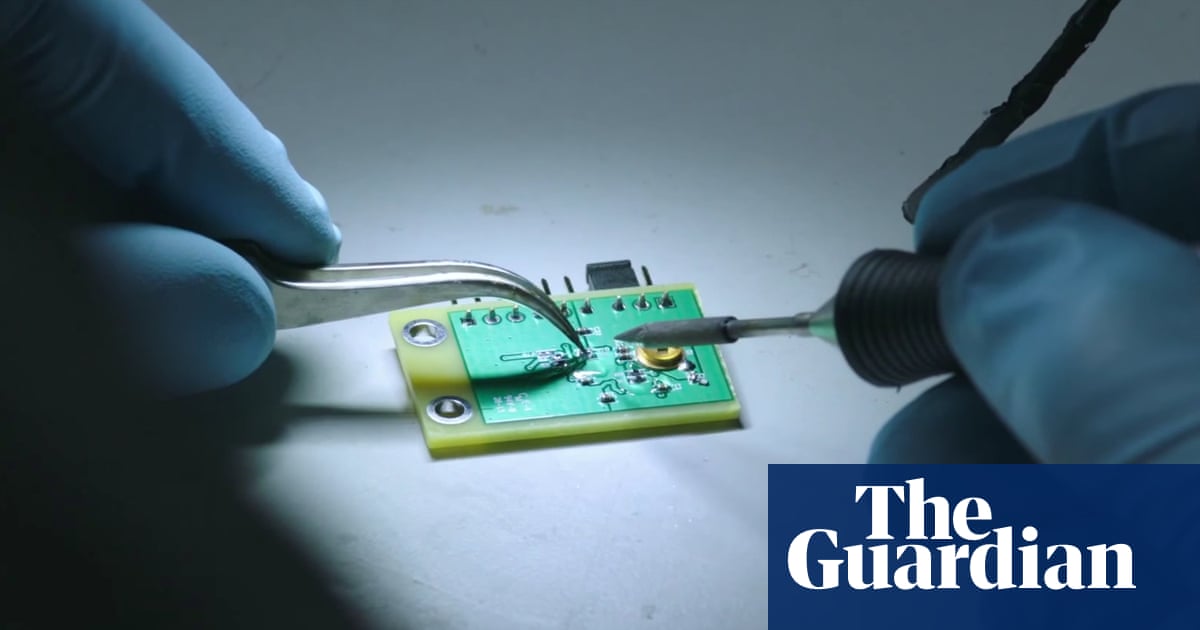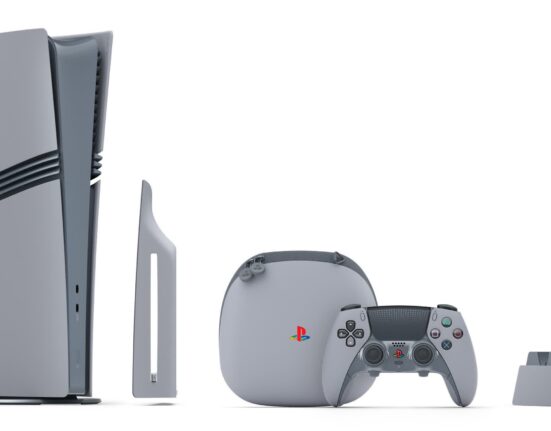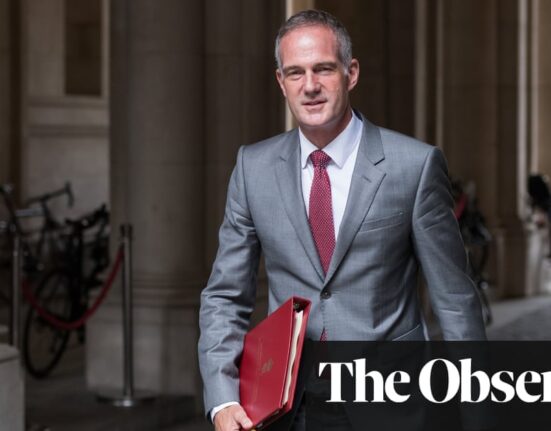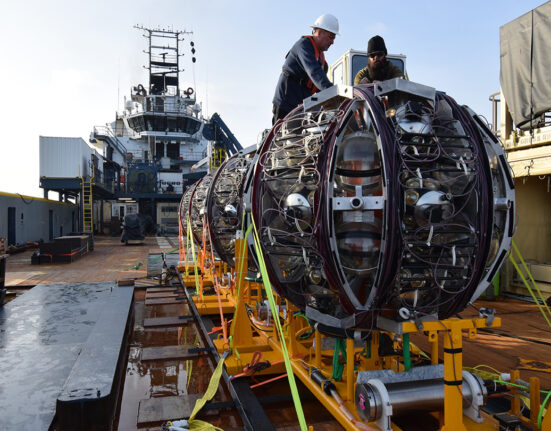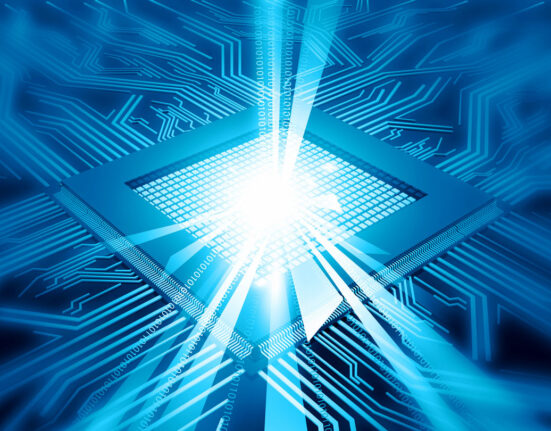The Neuralink CEO, Elon Musk, said on Wednesday that the company would soon test its pound-coin-sized implant and brain-computer interface on a second patient. The unnamed patient’s surgery is slated for “the next week or so”, Musk said.
Surgery on a different patient intended to be the second participant in Neuralink’s human trial had been scheduled for late June but was delayed when they experienced unspecified health issues contraindicating the procedure.
The same day, the company announced that the wires attaching the first Neuralink patient’s brain to the implant in his skull had become “more or less very stable” after detaching months ago.
“Once you do the brain surgery it takes some time for the tissues to come in and anchor the threads in place, and once that happens, everything has been stable,” said the Neuralink executive Dongjin “DJ” Seo during a live stream late on Wednesday on Twitter/X.
Neuralink, founded by Musk, had said in May that a number of wires inside the head of Noland Arbaugh, who is paralyzed from the shoulders down, had pulled out of position. The company did not specify why the detachment had occurred. Neuralink’s implant uses 64 wires to link to the brain; just 15% of them were working after the connection severed.
Air was trapped in Arbaugh’s head after the surgery, Neuralink executives said. In light of that and the detachment, the company would implement new risk mitigation measures such as skull sculpting and reducing the carbon dioxide concentration in the blood to normal levels in its future patients, the company’s executives said during the live stream.
“In upcoming implants, our plan is to sculpt the surface of the skull very intentionally to minimize the gap under the implant … that will put it closer to the brain and eliminate some of the tension on the threads,” Matthew MacDougall, Neuralink’s head of neurosurgery, said.
So far, Arbaugh, who lost the use of much of his body after a 2016 diving accident, is the only patient to have received the implant, but Musk said he hopes to have participants in the high single digits this year.
Neuralink is testing its implant to give paralyzed patients the ability to use digital devices by thinking alone. The device works by using tiny wires, which are thinner than a human hair, to capture signals from the brain and translate those into actions. The company has published a video of Arbaugh using his implant to play online chess and move a computer mouse. After the detachment, he could no longer control the mouse, but the functionality has returned, executives said on the live stream.
Musk said during the live stream that the device doesn’t harm the brain. The US Food and Drug Administration, in initially considering the device years ago, had raised safety concerns but ultimately granted the company a green light last year to begin human trials.
Neuralink is also working on a new device that it believes will require half the number of electrodes to be implanted in the brain to make it more efficient and powerful, the executives said. Musk said the company was at work on another product named Blindsight that would allow the blind to see.



